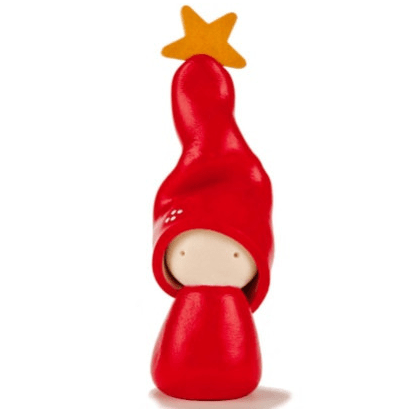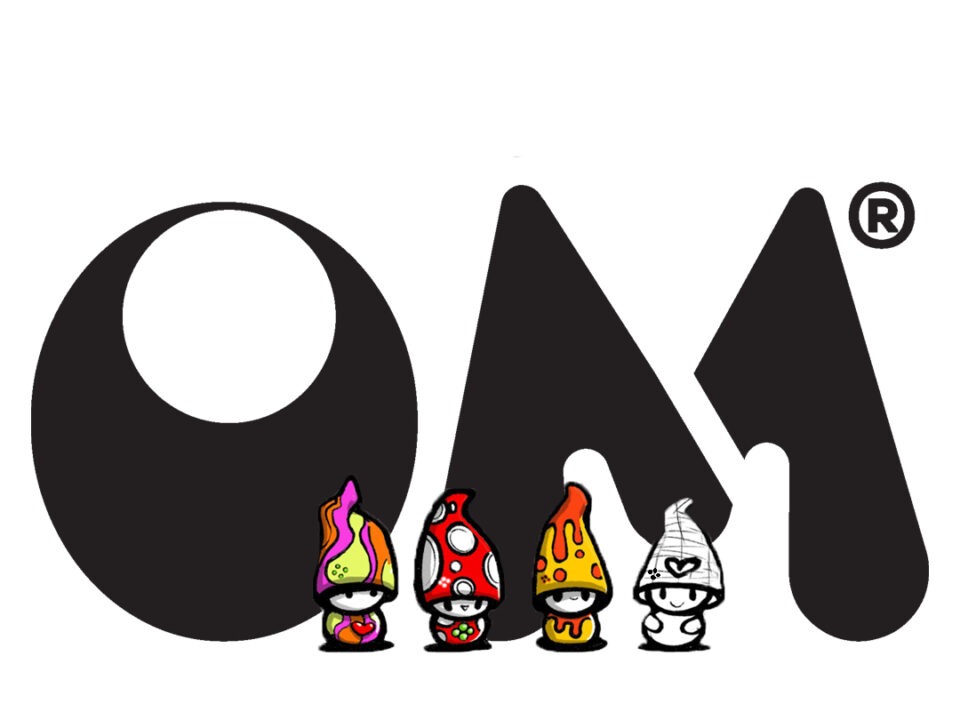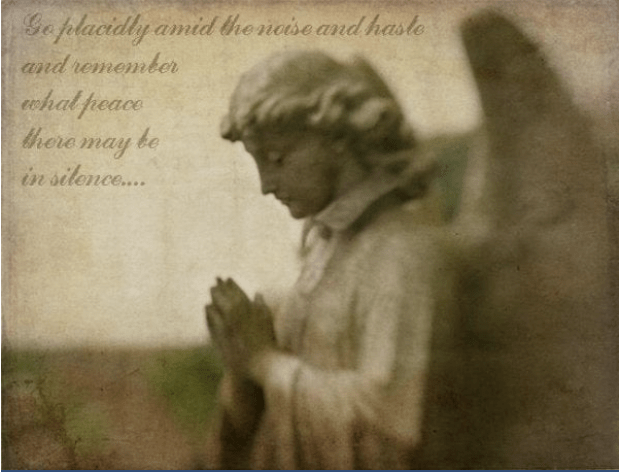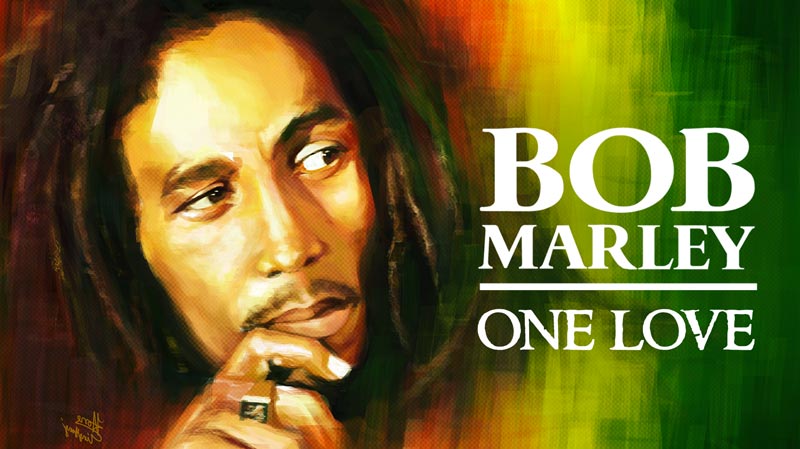'Building communities in which people are reconnected . . .'
May 21, 2014'Peace, harmony, compassion and understanding . . .'
June 24, 2014‘We are all connected in one way, shape or form. It doesn’t matter what race, color or religion, or whatever it may be. If you just help that one person, it becomes addictive . . .’
 It has taken Joshua Ploetz a little time to reach this conclusion. That and distance. Just over seven hundred miles to be precise.
It has taken Joshua Ploetz a little time to reach this conclusion. That and distance. Just over seven hundred miles to be precise.
That time has been spent and that distance traveled in a canoe. Painted on the side are eight names, these belonging to friends who went to fight a war in Afghanistan and never made it home.
Joshua did return to Northern Minnesota following two tours in the United States Marine Corps. But that didn’t mean that his fighting days had ended.
Far from it, in fact, as PTSD took a grip and became a foe as dangerous as anything he encountered in the Korengal Valley, where – as a machine-gun section leader – he lived in the shadow of death on a daily basis. Back home, he suffered nightmares, became isolated and slipped into alcoholism. Divorce followed as his troubles deepened. Joshua’s is not an unusual tale.
‘I didn’t listen to anybody,’ he admits. ‘You think ‘I’m a combat veteran, I’m a badass, I’ve seen it all’ and, as a Marine, you don’t ask for help. But I struggled a lot, had anger issues and moments that I just couldn’t control.’
That this is a tale that doesn’t have a tragic ending is, we think, a miracle. You see, as Joshua explains, 22 United States veterans are dying EVERY DAY. ‘It’s on our home soil,’ he says. ‘It’s not combat. It’s drug overdoses. It’s suicides.’
Joshua could have become, as he puts it, just another statistic. ‘I’ve almost been there,’ he admits. ‘Sometimes it needs just one more rock to sink the boat’. That Joshua chose not to sink is something that heartens us a great deal. His is an example for us all to learn from.
You see, he didn’t take his life, he took to the river. He didn’t sink, he floated. In isolation, in his canoe, he set off determined to paddle along the Mississippi from beginning to end. The aim? To give himself some time and some space. To think and to heal.
His might be a solo mission, but the main thing Joshua has learned is that he is far from alone.
He found that out one afternoon when his canoe capsized in Sauk Rapids and all his equipment began to float downstream. Fortunately, four boaters came to his aid. ‘I was okay, because people helped me,’ he says. It proved to be the turning point.
Since then, Joshua has discovered that help is at hand. He has been given food and shelter. Kind words, a ride to the store to pick up groceries. These small things have changed his outlook on life, although with 1,700 miles still to go, his journey (both physically and psychologically) is far from complete.
The nightmares have stopped, although the fact that he made it home and others didn’t continues to prompt guilt. ‘Every day that I live on this Earth and my friends don’t, I want to make sure that I represent them,’ says Joshua, who has decided to dedicate his life to helping others, supporting those facing familiar demons and raising awareness of the troubles that afflict combat veterans. ‘If I can help to change the situation, it’ll make a huge difference. It’s making me feel good inside to be helping other people and it’s phenomenal to see that other people care [about me]. Something has changed in me, in my life. Something deep inside that I haven’t felt in a long, long time. I feel good inside and my face hurts from laughing and smiling so much. We are all connected and we have to support each other.’
Here at OM®, Joshua’s story has struck quite a chord. He has proved that there are people out there in need of our help and support. People who have been through a great deal. People who are struggling. People reluctant to ask for assistance.
‘Seek them out, find these people, ask how they’re doing,’ adds Joshua. ‘It’s a simple question but it can be a huge help . . .’




